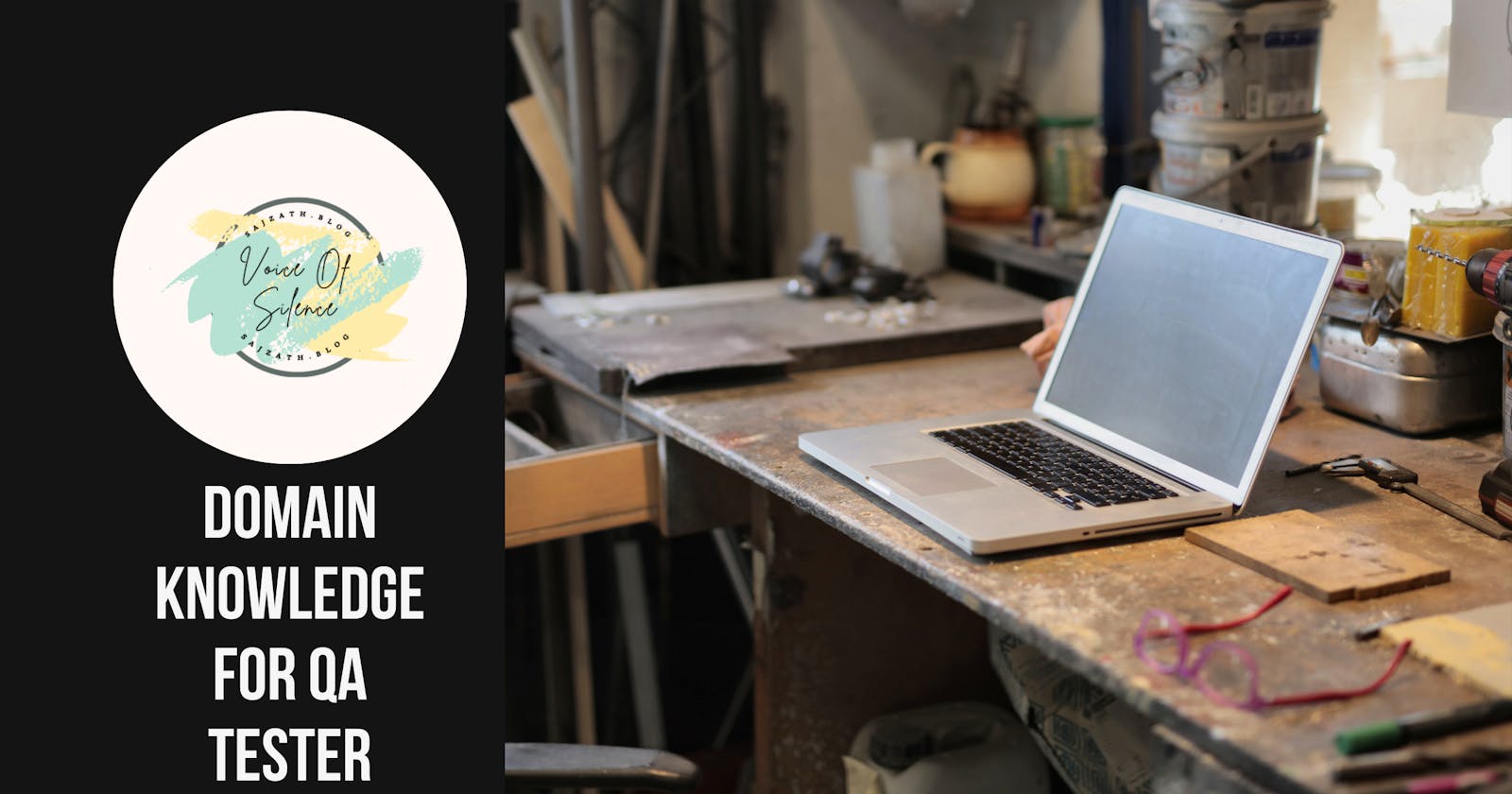Domain knowledge for QA Tester
"Essential Expertise: Domain Knowledge Required for QA Testers"
In the realm of QA (Quality Assurance) testing, domain knowledge plays a crucial role in ensuring the success of software applications and systems. It goes beyond the technical aspects of testing and delves into understanding the particular industry or subject matter in which the software operates. QA testers with domain knowledge possess the expertise to navigate the intricacies of the domain, allowing them to conduct more targeted and effective testing.
Having a deep understanding of the domain empowers QA testers to approach their testing tasks with a broader perspective. By immersing themselves in the specific context, they can grasp the unique requirements and intricacies of the domain, making it easier to identify potential issues and vulnerabilities in the software. This expertise enables them to ask relevant questions, anticipate user expectations, and design test cases that align precisely with the domain's characteristics and challenges.
Domain knowledge enhances the tester's ability to simulate real-world scenarios during the testing process, ensuring that the software is thoroughly evaluated under conditions that mirror its intended use. With such insights, QA testers can make informed decisions about the scope and depth of their testing efforts, focusing on the critical areas that matter most to the domain's stakeholders.
Moreover, understanding the domain facilitates effective communication and collaboration with the development team and other stakeholders. QA testers can articulate their findings and concerns in a domain-specific language, making it easier for everyone involved to comprehend the potential implications of identified defects and the significance of their resolution.
In conclusion, domain knowledge is a valuable asset for QA testers. It empowers them to go beyond mere technical testing and immerse themselves in the context of the software's application, resulting in more comprehensive and reliable testing outcomes. By leveraging this domain expertise, QA testers can contribute significantly to the overall success and quality of the software, meeting the needs and expectations of the end-users with confidence.
Here are some key aspects of domain knowledge that are essential for QA testing:
Understanding the Business: QA testers need to grasp the core concepts, goals, and processes of the business or industry for which the software is being developed. This knowledge helps them identify critical functionalities, define test objectives, and evaluate the software's suitability for the intended purpose.
Knowledge of User Requirements: QA testers should have a clear understanding of the end user's needs, expectations, and workflows within the domain. This knowledge helps them design tests that simulate real-world scenarios, ensuring that the software meets user requirements and provides a positive user experience.
Regulatory and Compliance Knowledge: In certain domains, such as healthcare, finance, or government, there are specific regulations, standards, and compliance requirements that software must adhere to. QA testers need to be familiar with these regulations to ensure the software meets the necessary legal and industry standards.
Industry-specific Terminology: Different industries have their own unique terminologies and jargon. QA testers must familiarize themselves with the domain-specific vocabulary to communicate effectively with stakeholders, understand requirements, and document defects accurately.
Knowledge of System Integration: Many software systems in specific domains interact with external systems or APIs. QA testers should have a grasp of these integration points and understand the data flows, protocols, and potential challenges associated with system integration.
Domain-specific Risks and Challenges: Different domains pose specific risks, challenges, and constraints. For example, in e-commerce, security vulnerabilities, and performance issues are critical concerns. QA testers with domain knowledge can focus on testing these aspects proactively and identify potential issues before they impact users.
Previous Industry Experience: Previous experience working within the domain can be valuable for QA testers. It helps them leverage their existing knowledge, understand the nuances of the industry, and anticipate potential pain points during testing.
Acquiring domain knowledge is an ongoing process for QA testers. They can gain it through research, collaborating with subject matter experts, participating in domain-specific training, attending industry conferences, and actively engaging with stakeholders. This domain knowledge empowers testers to contribute effectively to the software development process and ensure high-quality deliverables that align with the needs of the domain. With a comprehensive understanding of the domain, QA testers can play a pivotal role in delivering successful software solutions that meet the highest standards of quality and user satisfaction.

